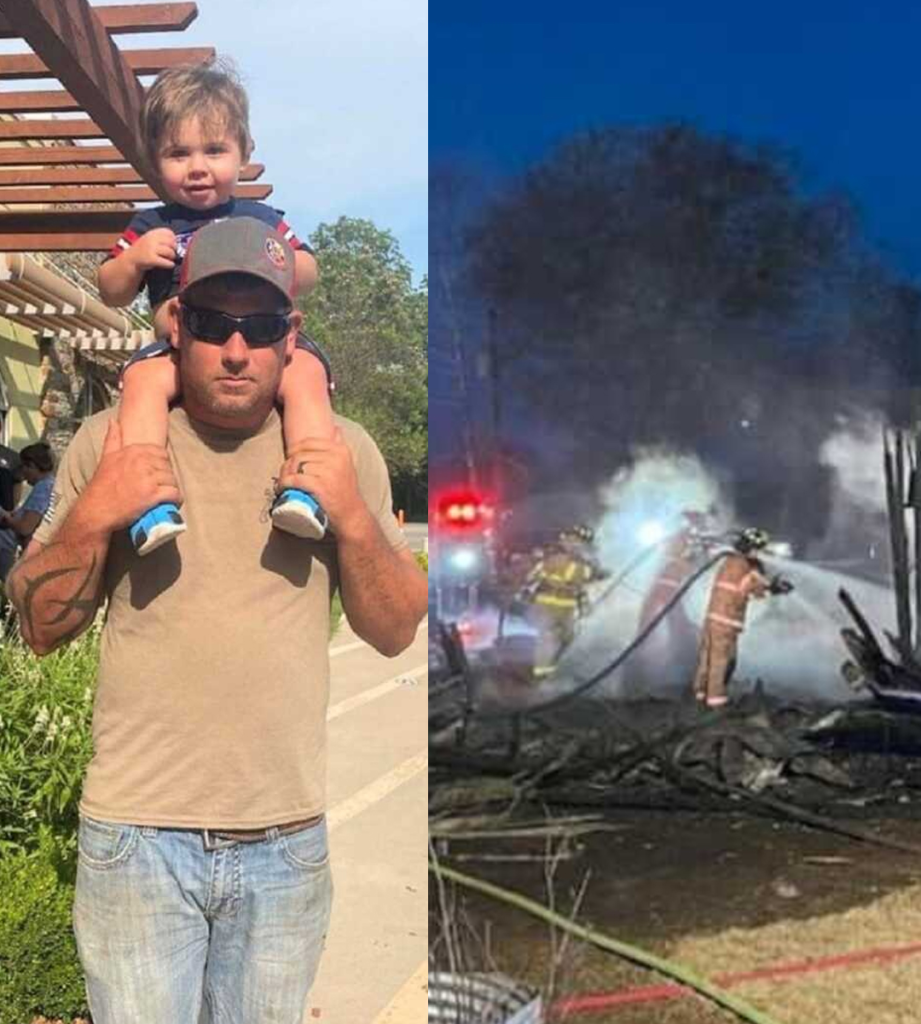It all began just as Sunday morning sunlight was creeping through the window. I remember yawning as the aroma of freshly brewed coffee wafted through the house. My partner and I were still half-asleep, moving slowly in the slow rhythm of weekend comfort—until the faint crackling sound jolted us awake.
At first, it was subtle—like paper rustling in the wind. But in just seconds, that sound twisted into something far more sinister: an ominous roar that echoed through the hallway. We turned to one another in alarm. Smoke was already spilling in under the bedroom door. The flicker of flame danced behind the doorframe—ominous, hungry, destructive.
Adrenaline took over. We threw open the door and lunged through the smoke-filled corridor, dropping past the kitchen and out the back exit. The blast of fresh air hit us like a lifesaver, but we didn’t pause to catch our breath. Our lungs burned, and our hearts pounded, yet the only thing driving us forward was sheer survival instinct.
Moments later, as we scrambled down the back porch steps, we heard a terrifying crack—like a cannon shot. Turning our heads, horror froze us in place: flames were erupting from our front door, spreading outward as if launching an assault. It was unimaginable—not even sixty seconds since we fled, and fire was already racing out into the open, hungry for the world beyond our walls.

We stood there in disbelief, watching chaos unfold. The front of the house ignited into a living blaze. Wooden beams groaned. Windows exploded inward, sending showers of embers skyward. Smoke billowed like dark, angry clouds. Neighbors, drawn by the commotion, converged—some yelling for help, others dialing emergency services with trembling voices.
Fire trucks’ sirens cut through the horror, slicing into the smoke-choked air like a blade of hope. Still, it felt like an eternity until voices yelled, “Back away! Clear the street!” We were hustled to the sidewalk, wrapped in blankets and concerned murmurs, while firefighters geared up and charged into the inferno.
As the blaze swelled, I couldn’t help but replay every second at furious speed in my mind—the crackling door, the sprint through choking air, the moment of clarity before we fled. All that calm, routine comfort shattered in the blink of an eye.
Finally, after what felt like hours, flames began to subside. The hoses worked in tandem, sending curtains of water that hissed and steamed upon contact. Every falling ember seemed to vanish before it reached anything else.
When it was over, the front of the house lay blackened and smoldering. Plumes of smoke drifted into a strange, eerie quiet. We were alive—that we knew. But our world had been reduced to ashes, embers, and the haunting echo of “What if.”
Now, hours later, wrapped in blankets, cups of hot coffee trembling in our hands, it still doesn’t feel real. We escaped—not just a minute before our front door became a furnace, but perhaps in that fleeting second, the difference between life and ashes.
What comes next? We’re overwhelmed, but alive. We’ll rebuild, we’ll heal, and we’ll remember this single moment—the one that defined the line between tragedy and survival.